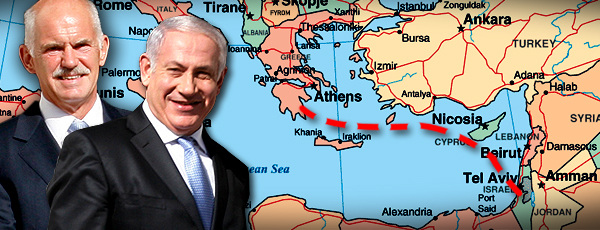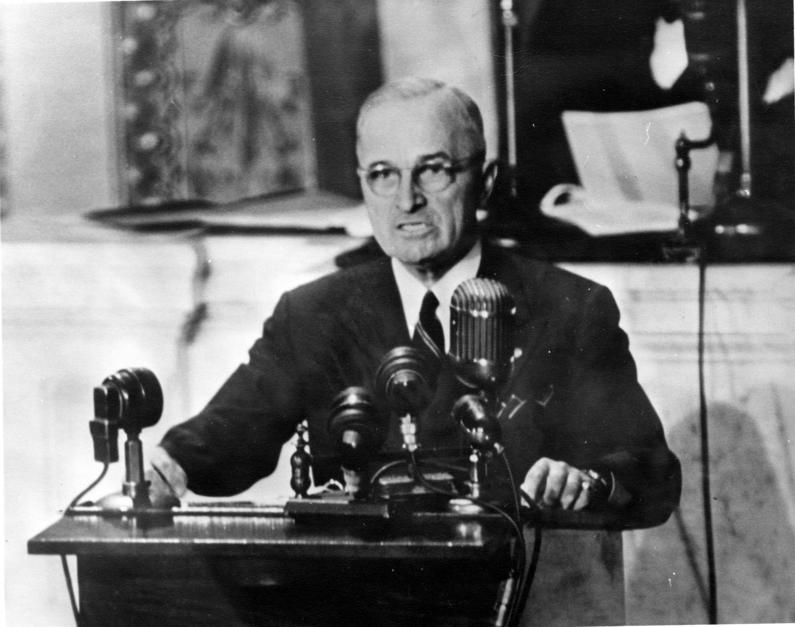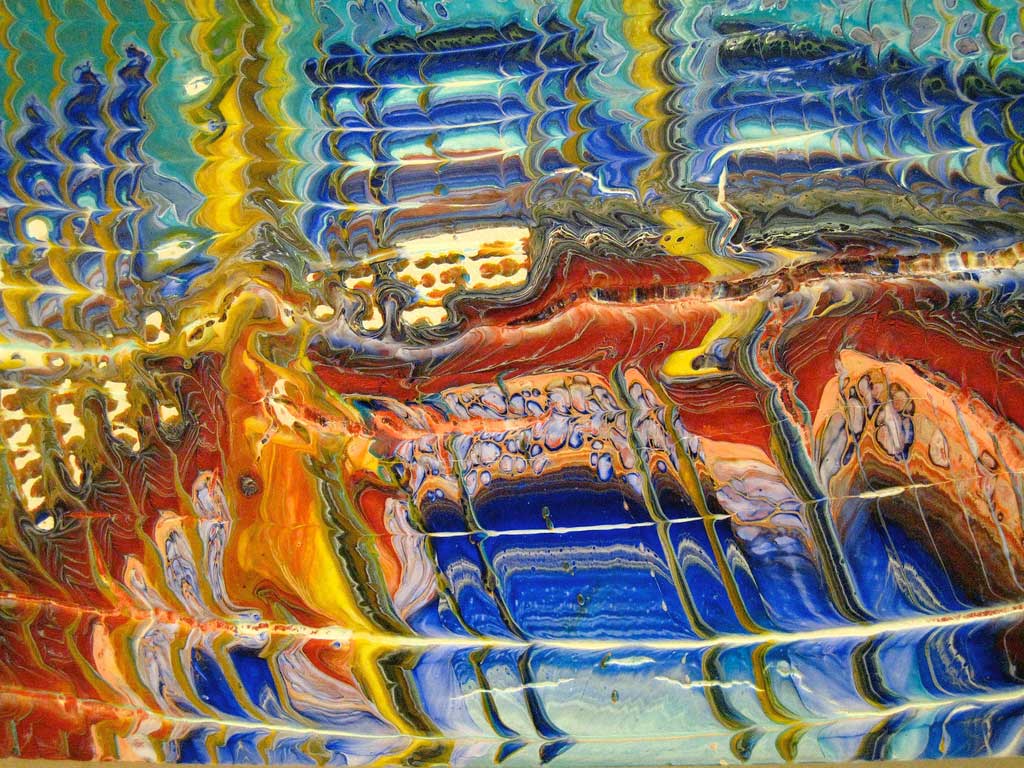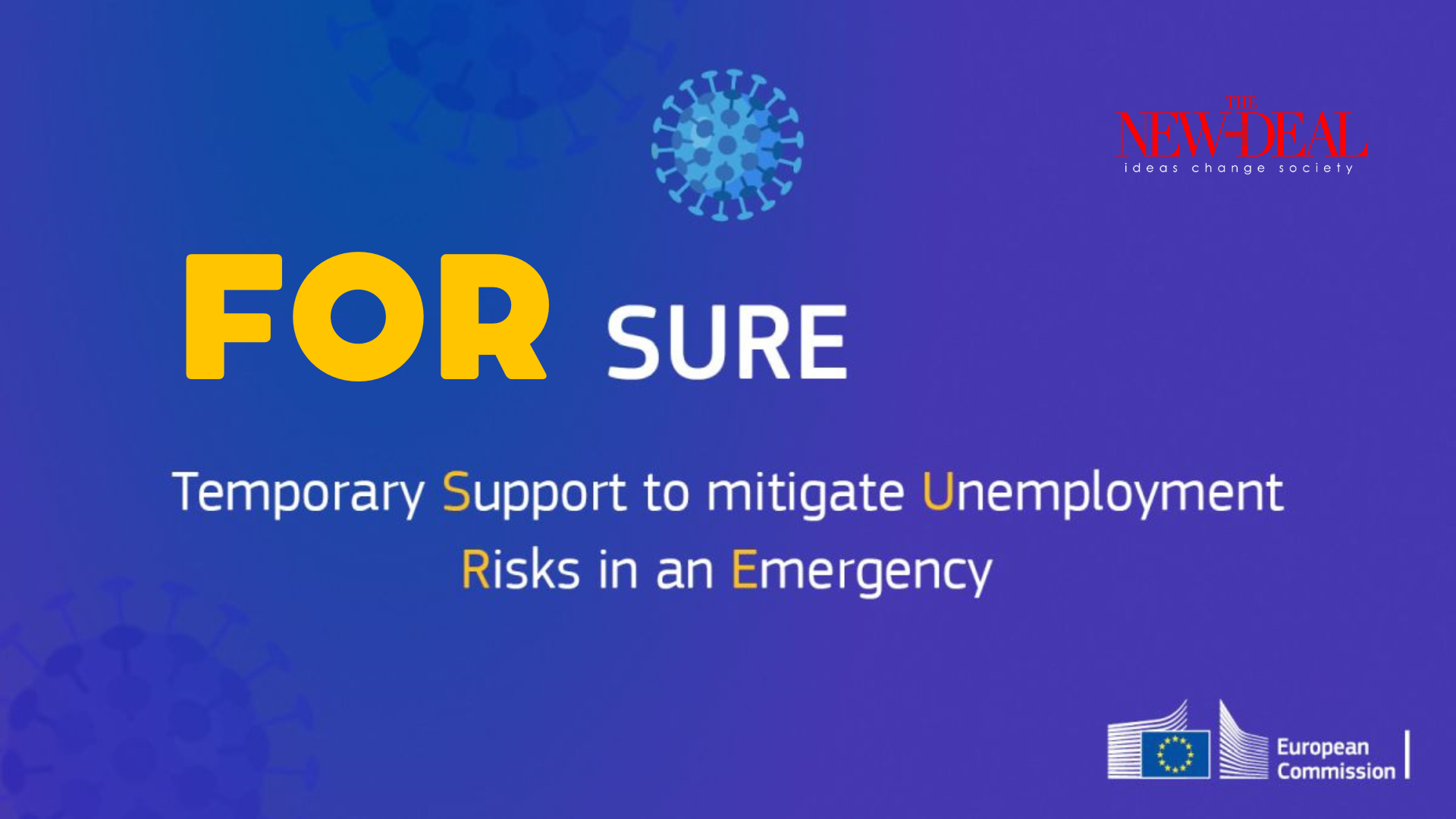Greece and Israel’s rich and complicated histories and cultures have seen them associated with all the crucial historical developments in the eastern
Mediterranean, Balkan and Middle East regions.
The Jewish Zionist movement that was created in the late 19th century by Theodore Herzl had very similar characteristics to the Greek irredentist movement of the “Great Idea.” Both nations have triumphed as Diaspora. Both ethnic groups have been occupied by the Ottomans yet still managed to influence the economy of the Ottoman Empire. Both countries are Western-style democracies, allied to the United States and located within a crucial geostrategic region.
From the formation of the state of Israel in 1948 until 1991, the Greek political and social establishments perceived Israel as a major antagonist in the Eastern Mediterranean region. Athens followed a more pro-Arab stance reflecting the strong dependence Greece had upon crude oil from Arab countries. In the 1970s these Arab states imposed an oil embargo on the United States and Western Europe in order to curtail their pro-Israeli stance.
Greek-Israeli diplomatic relations were stagnant for nearly forty-five years. The pro Palestine Liberation Organization (PLO) socialist Prime Minister Andreas Papandreou viewed Israel as an American pawn that suppressed the self-determination of the Palestinian people. Under Papandreou’s rule the PLO extensively acted on Greek territory. For example, on July 7, 1982, a Jordanian diplomat was assassinated and another seriously injured in Athens. The notorious terrorist Abu Nidal and his brutal organization found safe haven. Nidal’s organization assassinated Cultural Attaché and British Council representative Kenneth Whitty on an Athens street on March 28, 1984.
The first wind of significant change came in 1995, due to several significant factors. Firstly, Greece sought to increase its diplomatic deterrent power vis-a-vis Turkey. Another was the death of Papandreou in June 1996. The improvement and expansion in U.S.-Greek relations under the socialist Prime Minister Kostas Simitis encouraged a shift toward Israel. Developments in the Middle East peace process – such as Israeli-PLO dialogue – also assisted Greek rapprochement with Israel. In September 1998, the then Israeli Defense Minister Yitzhak Mordechai denied a request from Turkey that Israel assist Turkish Armed Forces in the event of conflict with Greece. Mordechai’s comments that “Turkish-Israeli cooperation is not against any other country” encouraged Greece to enhance its economic relations with Israel.
Improved relations between Greece and Israel resulted in a substantial increase in trade throughout the 1990s. By 2004, Israel was importing $242 million worth of products from Greece, with $142 million going in the opposite direction. Many Israelis chose to visit Greece for summer vacations. The then Israeli President Moshe Katzav declared Greece an important economic partner and a gateway to the Balkans. Improved relations also led to Israel recognizing the Exclusive Economic Zone (EEZ) of Greece and Cyprus.
Currently, the Israeli navy is developing strategic plans to protect its own EEZ, home to two large gas fields. The Leviathan field is located eighty miles off Haifa and contains sixteen trillion cubic feet of gas. The other field – known as Tamar – is situated 30 miles north of Leviathan and contains eight and a half trillion cubic feet of gas. Both fields are located near the border of the Greek and Cypriot EEZs. Accordingly, the IDF is expanding the 7,000-person navy, the smallest of the country’s armed services. Priority has gone to acquiring three more Dolphin-class submarines from Germany.
Furthermore, the Israeli Prime Minister Benjamin Netanyahu wants to improve relations with Greece in order to counterbalance the expansion of Turkey’s regional influence. On the Greek side the socialist Prime Minister George Papandreou aims to assist mediation in peace agreements between Israel and its neighbors to enhance his image as an assertive regional peace negotiator. In addition, Papandreou wants to attract Israeli investment to offset Athens’ severe economic problems since 2010; both prime ministers have exchanged state visits to further enhance Greek-Israeli relations. For the Israeli leadership good diplomatic relations with Greece would offer greater strategic depth regarding the gas fields and EEZ exploration. As a member of the European Union (EU) Greece could also contribute to improving Israel’s diplomatic, economic, and trade relations with the rest of Europe. On military issues the IDF will have the opportunity to train the Greek armed forces in symmetrical and asymmetrical warfare tactics and various counterintelligence and counterterrorism methods.
Military cooperation with Israel may also lead to tangible benefits for the Greek economy and civilian industries. By adopting Israeli defense tactics and purchasing materiel, the Greek Armed Forces may also enhance their status within NATO. For example, Greece will have the opportunity to buy various missile systems and homeland security capabilities. In addition, the Israeli defense industry can upgrade and modernize ageing Greek defense systems.
It should be also noted that decades of Greece diplomatically cold-shouldering Israel did not defeat the cultural affinity between Greeks and Israelis, a key factor that is consistently underestimated in discussions about Greek-Israeli bilateral relations. Without a doubt Greek-Israeli diplomatic relations are entering a new period. Domestic and international factors will influence the new era of understanding and friendship among these two old and proud nations.


























